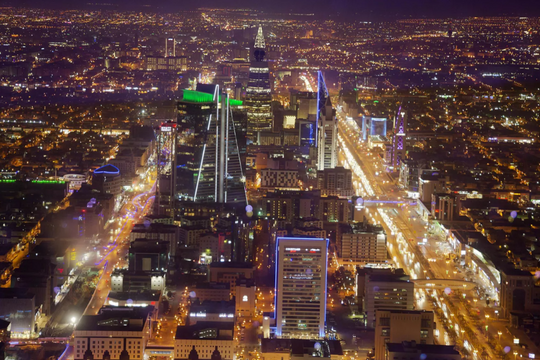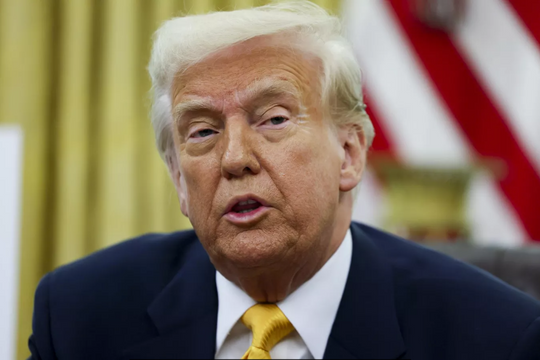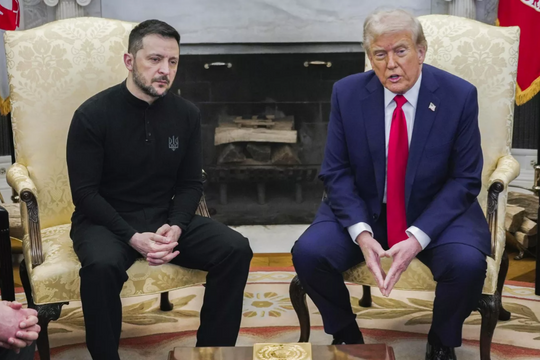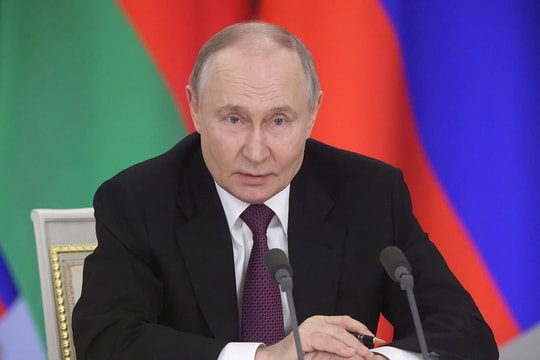Russia and the US 'finalize' the list of energy facilities banned from attack
Russian and Ukrainian energy infrastructures were specifically listed by Moscow and Washington while implementing the 30-day ceasefire.
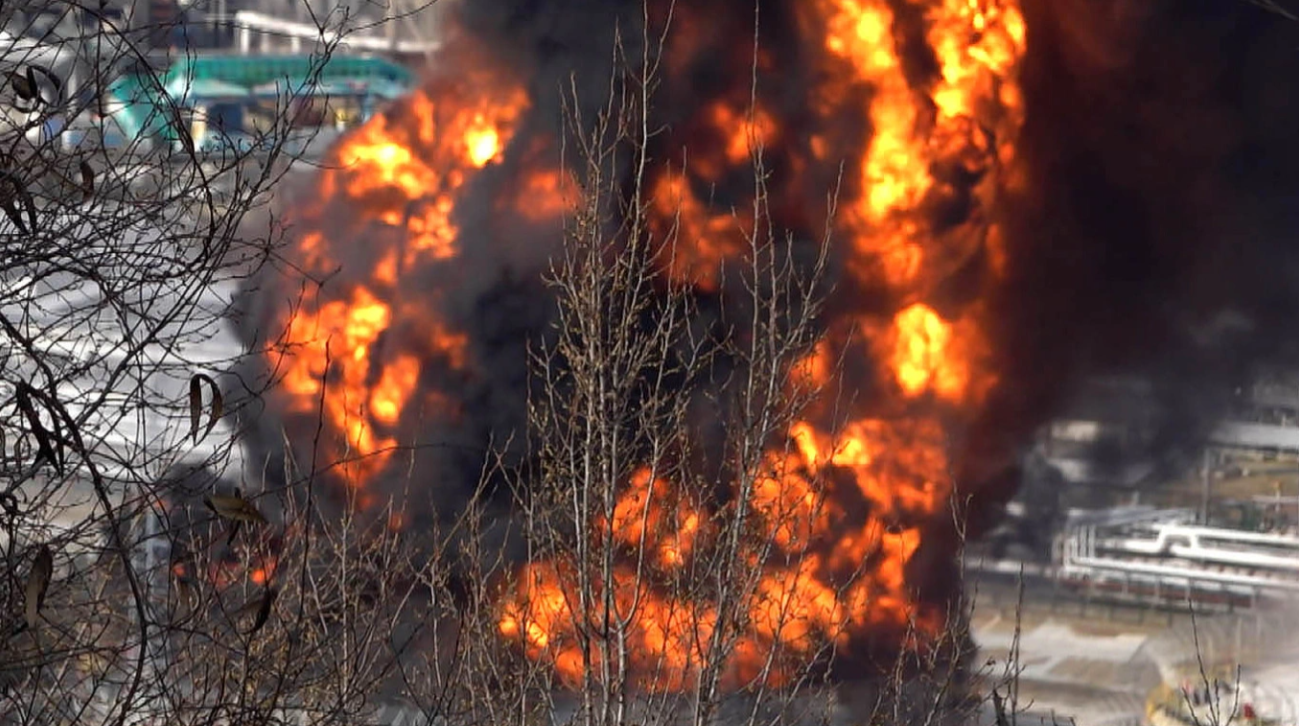
According to RIA Novosti, the Kremlin said that the US and Russia have agreed on a list of Russian and Ukrainian energy infrastructure that must be temporarily halted from attack.
The list includes: oil refineries; oil and gas pipelines and storage facilities, including pumping stations; electricity generation and transmission infrastructure, including power plants, substations, transformers and distributors; nuclear power plants; hydroelectric dams.
The temporary suspension is effective for 30 days from March 18 and can be extended by mutual agreement. In the event of a breach by one party, the other party is freed from its obligation to comply.
On March 24, a meeting of Russian and American “technical groups” took place in Riyadh, lasting more than 12 hours. At the meeting, representatives of the two countries agreed to develop measures to prohibit attacks on energy facilities in Russia and Ukraine.
According to the Kremlin, Moscow and Washington agreed to ensure the implementation of the Black Sea Initiative. It includes ensuring the safety of navigation and preventing the use of commercial vessels for military purposes. The US will help restore access to world markets for Russian agricultural and fertilizer exports, reduce shipping insurance costs and expand access to ports and payment systems for such transactions.
The Black Sea Initiative agreements will come into force after the lifting of sanctions against Russian producers and exporters, including fish products and fertilizers; and also after the lifting of restrictions on the activities of food transport insurance companies.
Russian Foreign Minister Sergei Lavrov said that during the negotiations, the parties discussed the issue of shipping safety in the Black Sea. According to him, Russia has voiced its support for resuming the Black Sea initiative in a more universally acceptable form. At the same time, Lavrov noted that Moscow cannot trust the words of the Kiev authorities on this issue.
The grain and fertilizer markets must be predictable, the diplomat pointed out, as Russia not only wants to make a legitimate profit but is also concerned about food security in Africa.

